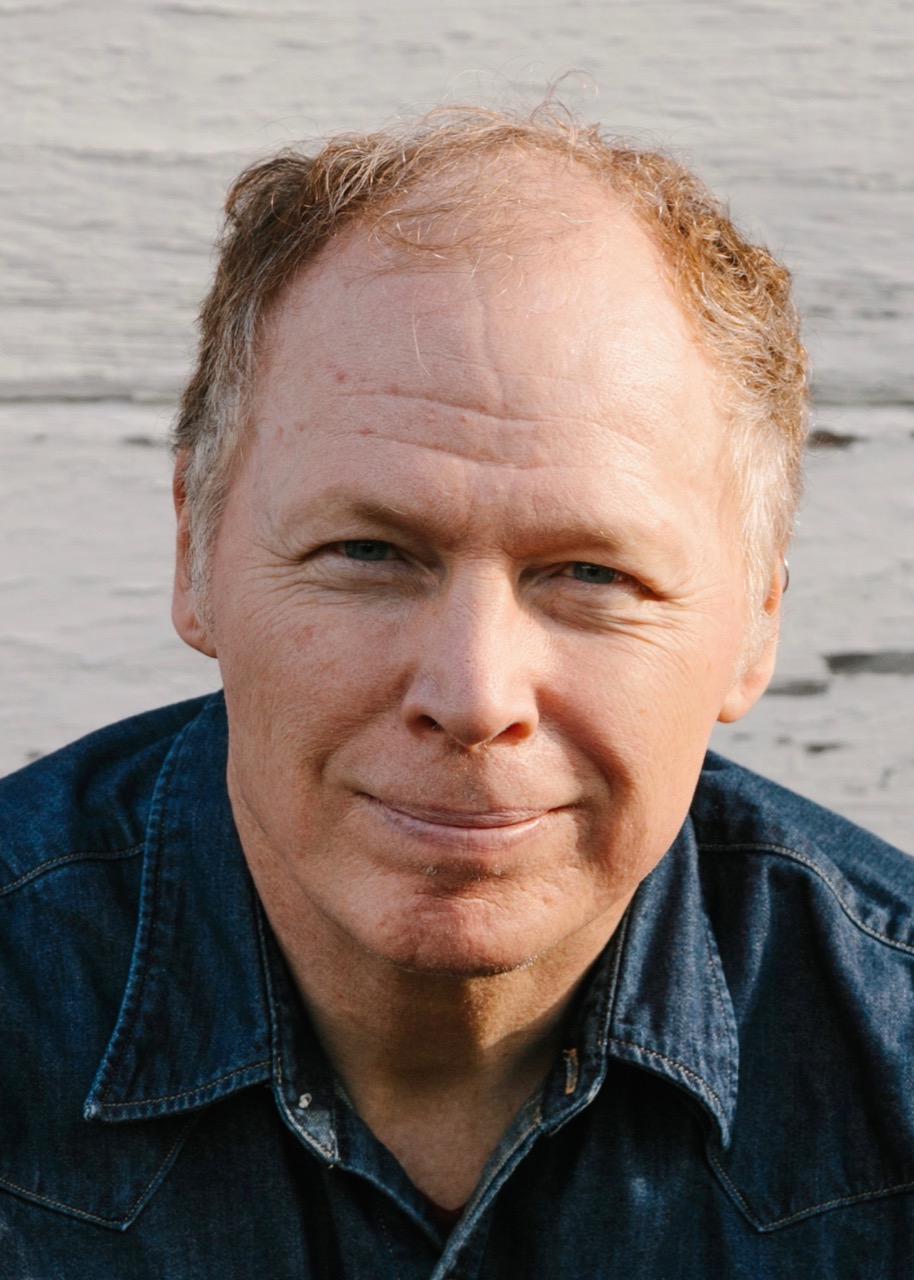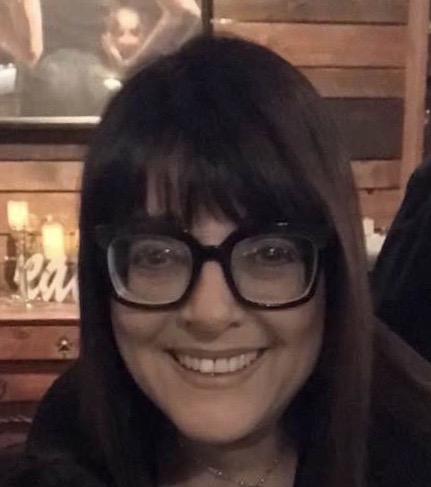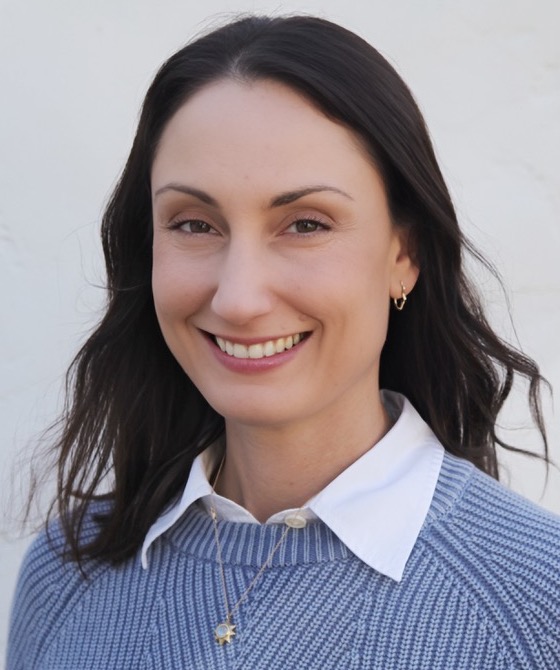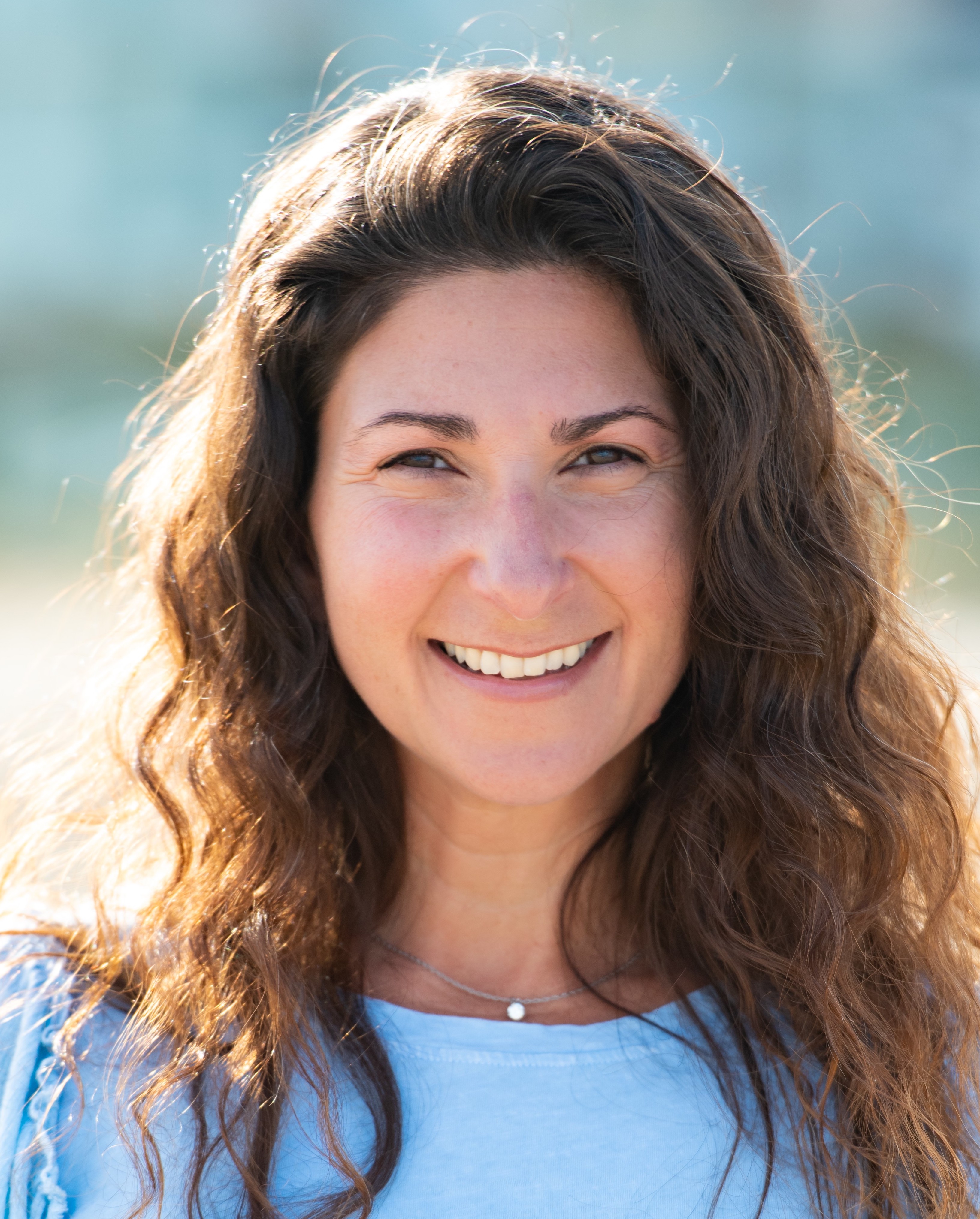|
Dr. Doherty CE Program
Saturday, November 04, 2023, 8:00 AM - 4:00 PM PDT
Category: Continuing Education Event
LACPA's 2023 CONTINUING EDUCATION SERIES Integrating Climate and Walking Therapy:
Presented by November 4, 2023 8:00 AM - 4:00 PM (PT) Will be held in person at the LACPA office & Off Site at a nearby Nature Reserve Intermediate Level Course $150 for LACPA Members $190 for Non-Members $35 for Student Non-Members with proof of student status
Click Here to Register
Abstract: Dr. Thomas Doherty is a psychologist based in Portland, Oregon who has a specialty addressing people’s concerns about environmental issues and climate change. His publications include the groundbreaking paper “The Psychological Impacts of Global Climate Change,”cited over 850 times. Thomas is a fellow of the American Psychological Association (APA) and founded one of the first environmentally-focused training programs for mental health counselors in the US at Lewis & Clark Graduate School. Thomas is originally from Buffalo, New York. Dr. Thomas Doherty’s work has been featured in publications like the New York Times. He also co-hosts the Climate Change and Happiness podcast. You can learn more about Dr. Thomas Doherty and his trainings for mental health professionals at his website. Panel Moderator: Debra Borys, Ph.D., is a clinical, forensic and health psychologist in Los Angeles. She received her clinical psychology doctorate from UCLA in 1988, with minors in community and developmental psychology. She has been in private practice specializing in reactions to health psychology as well as victimization, disaster, trauma and loss for 32 years. A long-time member of the LACPA Ethics Committee, she has published, presented and serves as an expert witness in the areas of trauma and ethics. She has completed the Level I and II series in Dr. Thomas Doherty’s Eco Psychology and Climate Consult Group, is the co-chair, with Pamela McCrory, Ph.D., of the LACPA Ecopsychology Special Interest Group, and is currently in the process of completing training as a facilitator for Climate Psychology Alliance of North America’s Climate Café drop-in support groups.
Local Panel:
Maria Nazarian, Ph.D., is a psychotherapist who has a private practice on the beach. Dr. Maria Nazarian has a psychotherapy practice exclusively on the beach. She specializes in anxiety disorders and is a climate-aware therapist. She enjoys working with anyone over the age of 16 who is willing to interact with nature. She and her clients walk barefoot on the shore while talking.
Course Outline: 8:00 AM – 8:30 AM Gather & Informal Networking 8:30 AM – 8:40 AM Introduction from LACPA 8:40 AM Morning Talk, Role Play, and Small Group Exercises 10:30 AM Morning Break 10:45 AM Dr. Borys and Local Panel 12:00 PM Recap of Morning themes in light of Local Panel Examples, and host Q & A 12:15 PM Lunch & Informal Networking 1:00 PM Finish Lunch and Travel to Park Location 1:30 PM Outdoor Session Walking Therapy Experiential 3:30 PM Recap of Afternoon, Discussion, Q & A, Brainstorming Local Initiatives 4:00 PM Closing Course Goals and Educational Objectives:
|

 Prev Month
Prev Month View Month
View Month Search
Search Go to Month
Go to Month Next Month
Next Month




 Export Event
Export Event